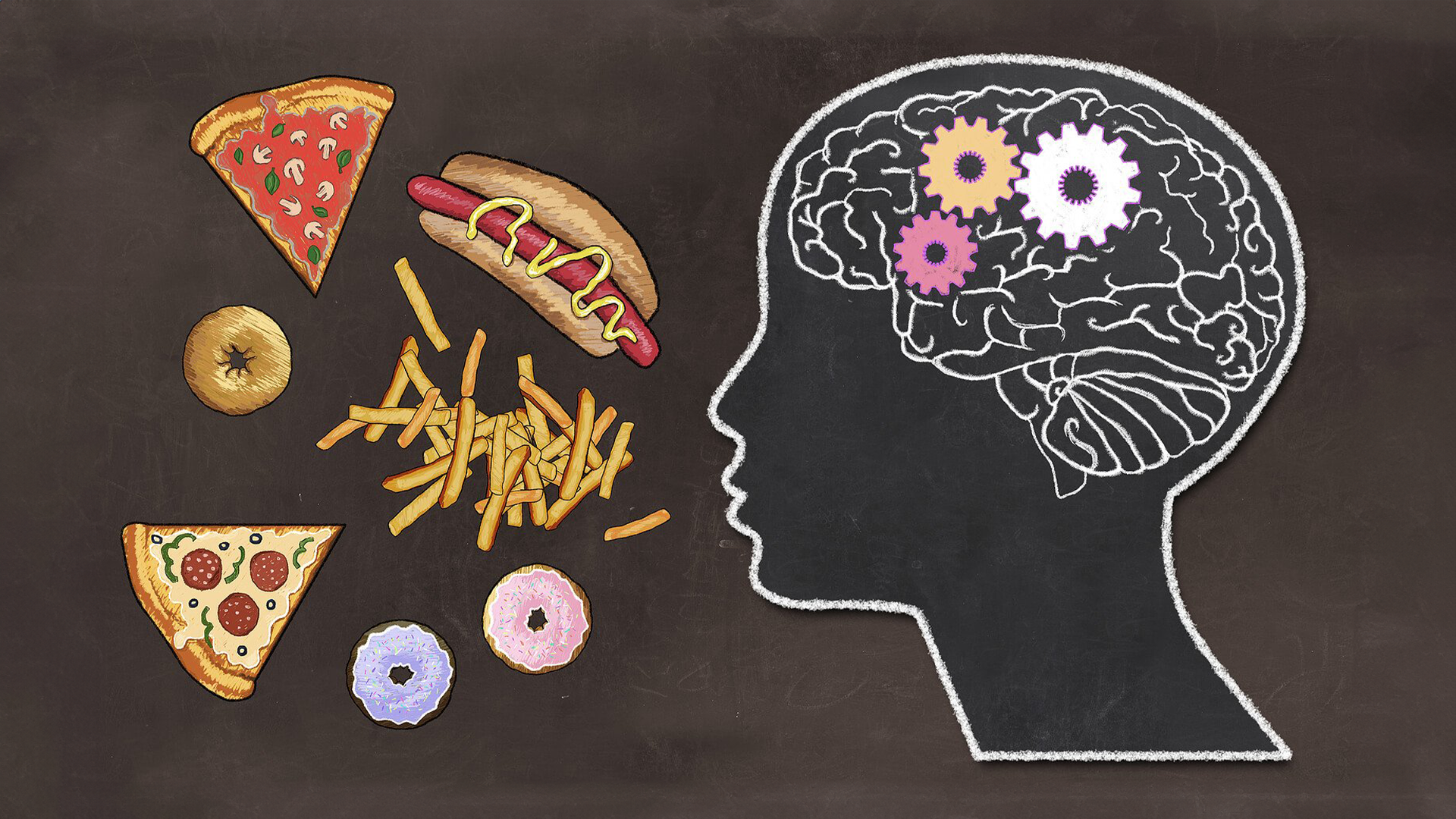Created by Giulia Zanchi
Clinical Psychologist and Psychotherapist in Training
WHAT CAUSES EMOTIONAL EATING?
Emotional eating is a complex phenomenon caused by multiple interacting factors. In this case, food takes on a symbolic rather than a nutritional role, often leading to feelings of guilt or shame.
Unlike physical hunger, emotional hunger doesn’t stop when we’re full—it can carry on, sometimes to the point of discomfort or feeling unwell. To better understand this phenomenon, let’s take a look at some of its main causes:
• Difficulty understanding or managing emotions is one of the biggest triggers for emotional eating. In these cases, food becomes a way to escape negative emotions, even when we’re not actually hungry. This points to a deeper emotional issue that should ideally be addressed with the help of a professional, as it can lead to a vicious cycle of constant food-seeking in the long run.
• Poor sleep quality or lack of sleep can also be directly linked to emotional eating. Sleep deprivation can disrupt hunger hormones, increasing appetite and reducing our ability to resist cravings. This often pushes us towards comforting, unhealthy foods.
• Stress and anxiety play a major role as well. When we experience high levels of stress, our body releases cortisol —often called the “stress hormone”— which can lead to increased appetite and a preference for sugary, high-calorie foods.
• Personal dissatisfaction or boredom can contribute to emotional eating too, as food provides a temporary distraction or instant gratification. In these moments, we’re not eating out of true hunger but rather to fill an emotional void or seek pleasure through food.
• Skipping meals can also lead to increased hunger and a tendency to overeat later. Completely cutting out certain food groups (such as carbohydrates) may leave the body unsatisfied, resulting in binge-eating to compensate. This is why maintaining a balanced diet, including a wide variety of foods, is essential for overall well-being.
Giulia Zanchi
Clinical Psychologist and Psychotherapist in Training


